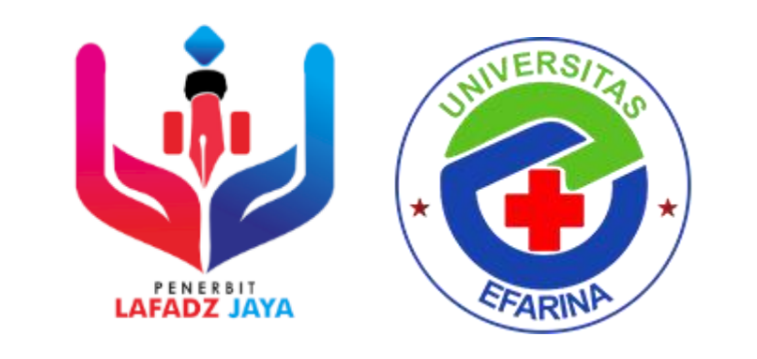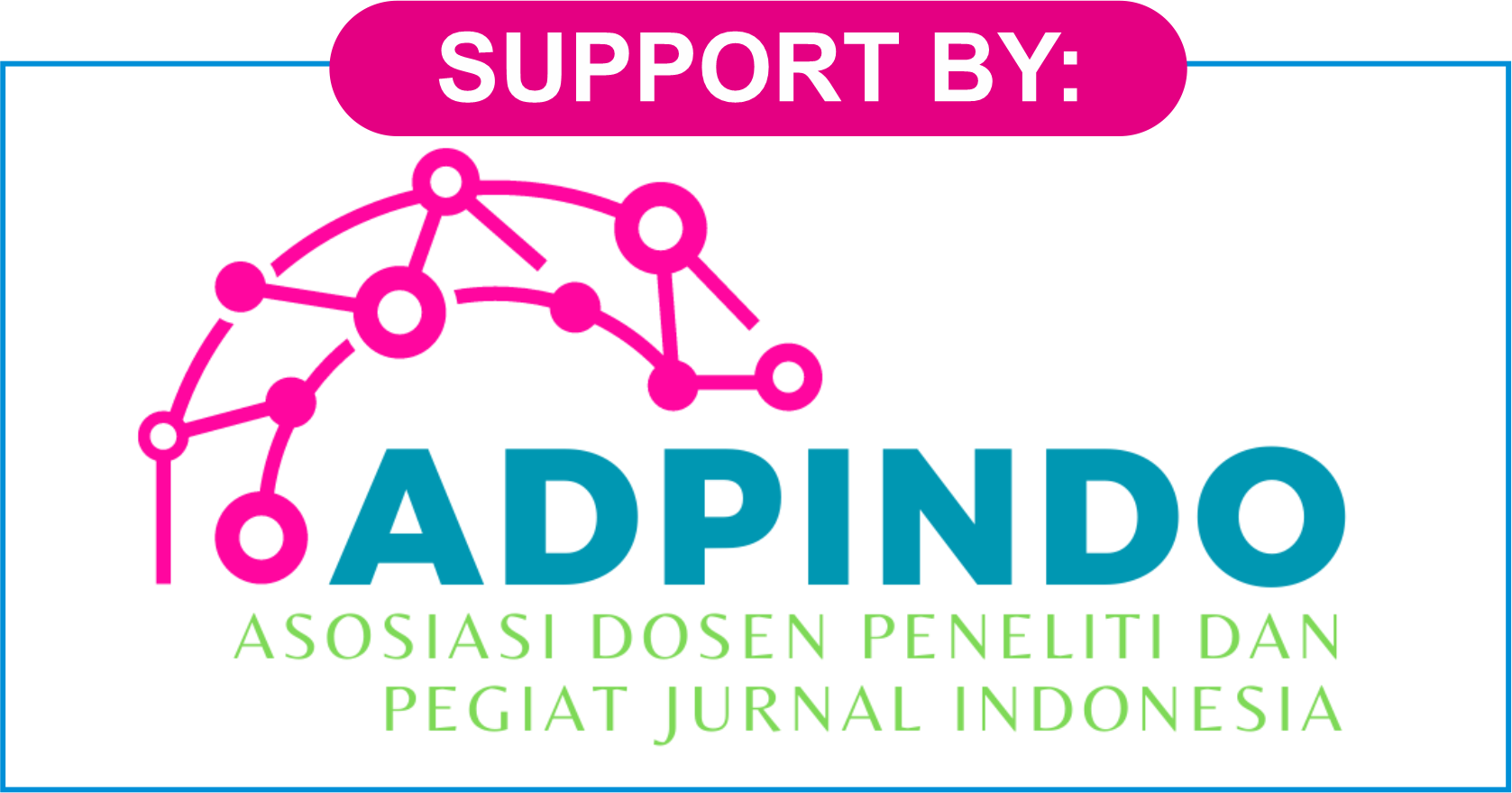Publication Ethics
Jurnal Ilmu Psikologi dan Kesehatan (SIKONTAN) is committed to maintaining the highest ethical standards in the publication process. We adhere to the principles outlined by the Committee on Publication Ethics (COPE) and ensure that our authors, reviewers, and editors follow best practices in scientific publishing. The following guidelines outline our ethical standards and expectations for all parties involved in the publishing process.
1. Ethical Guidelines for Authors
Authors submitting to SIKONTAN must adhere to the following ethical principles:
-
Originality and Plagiarism: Manuscripts must be original and free from plagiarism. Authors must ensure that their work has not been previously published or submitted elsewhere. All sources and citations must be properly acknowledged to avoid any form of plagiarism.
-
Authorship: All individuals who have made a substantial contribution to the research should be listed as authors. All authors must approve the final version of the manuscript and its submission to the journal.
-
Data Integrity: Authors must ensure the accuracy and integrity of the data presented in the manuscript. Fabrication, falsification, or misrepresentation of data is strictly prohibited.
-
Conflicts of Interest: Authors must disclose any potential conflicts of interest that could influence the results or interpretation of their manuscript. This includes financial, professional, or personal relationships that may bias the research.
-
Ethical Approval: For studies involving human participants or animals, authors must provide evidence of ethical approval from the relevant ethics committee. If applicable, informed consent must be obtained from all participants.
-
Retraction and Corrections: Authors must notify the editorial board promptly if significant errors are discovered in their published work. SIKONTAN will work with authors to correct or retract articles as necessary.
2. Ethical Guidelines for Reviewers
Reviewers are critical to the quality of research published in SIKONTAN. The following ethical standards must be followed by reviewers:
-
Confidentiality: Reviewers must treat the manuscript and all related materials as confidential. Manuscripts should not be discussed with third parties or used for personal advantage.
-
Objectivity and Fairness: Reviews should be conducted objectively, without bias. Reviewers should assess the manuscript based on its scientific merit and the quality of the research, not on personal interests.
-
Timeliness: Reviewers should complete their reviews in a timely manner and notify the editorial team if they are unable to do so. Delays in reviewing can impact the journal’s publication schedule.
-
Disclosure of Conflicts of Interest: Reviewers must declare any potential conflicts of interest related to the manuscript. If a conflict exists, reviewers should recuse themselves from reviewing the manuscript.
-
Ethical Standards: Reviewers should be alert to any ethical concerns in the manuscript, such as plagiarism, manipulation of data, or unethical research practices. These concerns should be communicated to the editorial team.
3. Ethical Guidelines for Editors
The editors of SIKONTAN are responsible for making decisions regarding manuscript acceptance or rejection. Editors must adhere to the following ethical principles:
-
Fairness and Objectivity: Editors must make decisions based on the quality and relevance of the research, without bias. All submissions should be evaluated based on their scientific merit, regardless of the authors' personal characteristics or affiliations.
-
Confidentiality: Editors must ensure that all manuscripts are treated as confidential and not shared with others outside the peer review process.
-
Conflict of Interest: Editors must recuse themselves from handling manuscripts in which they have a conflict of interest. Any potential conflicts must be disclosed.
-
Decision-Making: The editorial team must ensure that decisions are made based on sound peer review. Editors are responsible for ensuring that authors receive constructive feedback and that the peer review process is transparent.
-
Promoting Research Integrity: Editors must be vigilant in detecting and addressing any unethical behavior, such as plagiarism, duplicate submission, or data fabrication. They must take appropriate action if such issues are discovered.
-
Appeals and Complaints: Editors must provide authors with a transparent process for appealing decisions, including a clear mechanism for handling complaints or disputes that may arise.
4. Handling Misconduct
SIKONTAN takes allegations of misconduct very seriously and will investigate all claims of unethical behavior, including plagiarism, data falsification, and conflicts of interest. If misconduct is confirmed, the journal will take the following steps:
-
Retracting Articles: If an article is found to contain significant errors or unethical content, it will be retracted, and a retraction notice will be issued, explaining the reason for the retraction.
-
Correction Notices: If an article contains minor errors that do not affect its overall integrity, a correction notice will be issued to clarify the issue.
-
Reporting to Authorities: In cases of serious misconduct, the editorial team may report the issue to the relevant academic or research institutions and funding bodies for further investigation.
5. Commitment to Transparency
SIKONTAN is committed to maintaining transparency throughout the publication process. We encourage authors, reviewers, and editors to be open about their roles and responsibilities. The journal also promotes transparency in the peer review process and offers the option for open peer review, where reviewer comments and identities may be disclosed.
6. Compliance with Legal and Ethical Standards
SIKONTAN complies with all relevant legal and ethical standards in academic publishing, including adherence to copyright laws, data protection regulations, and ethical research practices. The journal is committed to maintaining high standards of integrity in all aspects of the publication process.






